
Fieldwork of Alexander Panov in West Africa
|
25 September – 26 October Junior research fellow of the Center of History and Cultural Anthropology of Institute for African Studies of Russian Academy of Science Alexander Panov was collecting field data for the research project “African students in USSR: post-graduate social mobility and career’s development” in West Africa. For the above mentioned period were visited 3 countries: Benin, Burkina Faso and Niger. For the time of mission seven semi-formal large-scale interviews with Africans who were studying in USSR have been collected. The topics of interviews included circumstances of choosing USSR as a state of studying, detailed features of social and cultural adaptation in USSR, subjective attitudes of the process of studying and conditions of habitation of foreign students in Soviet Union, interrelations with soviet citizens and others foreign students, development of career and private life following the studying. Besides it has been done a number of meetings with African alumni of post-soviet universities that helped to trace some different features between the experience of studying in soviet and post-soviet periods. Also has been realized the introduction with informal network structure united alumni of Soviet and Post-Soviet universities created in Burkina Faso (Association “Soyuznik”). The number of preliminary resume can be done as a result of fieldwork. Almost all of alumni of Soviet universities appreciate highly their experience of studying in whole, keeping the happy memories of that period of their life. Majority of them feel the nostalgia and gratitude to Russia. Although the fact that many of them after the graduating were facing some kind of problems with looking for a job in their countries, finally all of them succeeded in making career and private life (some of them even have returned to Africa with Russian wives). Among the Soviet and Post-Soviet alumni the great line of profession can be found: journalists, pharmacists, doctors, engineers, researchers, experts in mineral deposit sphere, officials, businessmen etc. Majority of them would like to keep economic, scientific and cultural relations with Russia and express their regret about insufficient attention from Russia to potential profit of common projects and collaboration in different spheres of activity. Special attention was stressed to underline the high quality of education in Soviet Union, unique style and democratism of soviet professors who were sincerely interested in success of digestion of knowledge by their students and great sympathy to their life out of the lecture halls. Many of respondents also stressed on the priceless experience of introduction and communication with people from different continents, nations and cultures. Though social and economic model and political system of USSR have been estimated in different ways, subject to personal political views of the respondent, Soviet society in whole have been characterized by positive marks. The conflicts with indigenous population, if they were, have been considered as an domestic incidents and even the incidents with racist implication they take rather tolerantly, addressing it to the effect of closure of Soviet society and absence of information about the life in Africa and personal relations with Africans. Majority of Soviet as well as Post-Soviet alumni have been following the news from Russia (and/or state where they studied as Ukraine for example) expressing the solidarity with actions of Russian state in foreign affairs, but seem that Russia should put more attention to collaboration with African states not only because of ideas or sentiments but rather in terms of practical profit of such collaboration. All alumni without exception are strongly convinced of necessary of development of relations between Russian and Africa through educational programs and scholarships for African students and would welcome the choice of their children to study in Russia as well. More detailed analysis of collected materials is going to be presented after it’s processing in presentation and publications of the members of the research project of the Center for History and Cultural Anthropology. |
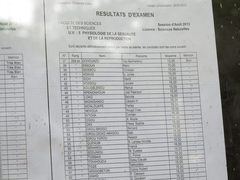 |
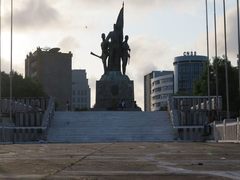 |
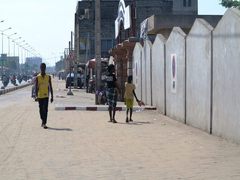 |
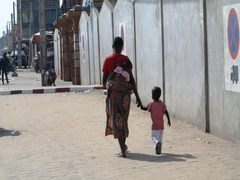 |
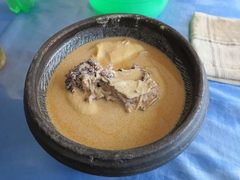 |
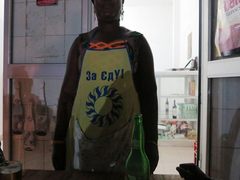 |
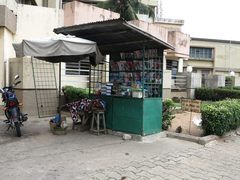 |
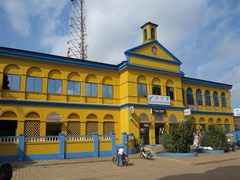 |
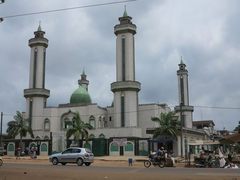 |
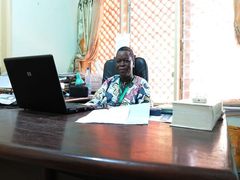 |
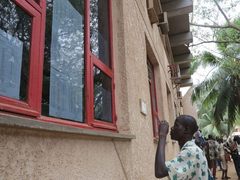 |
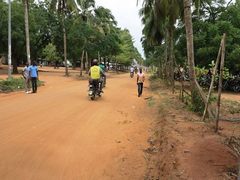 |
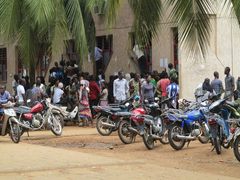 |
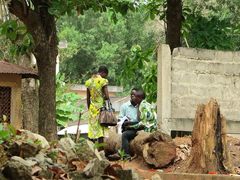 |
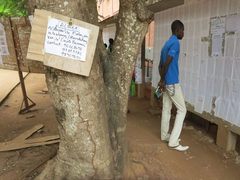 |
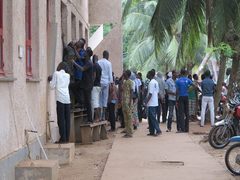 |
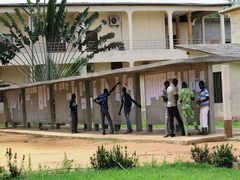 |
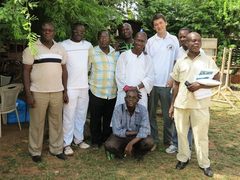 |
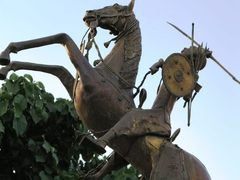 |
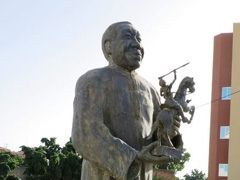 |
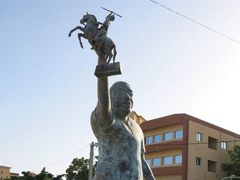 |
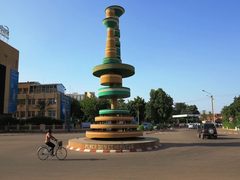 |
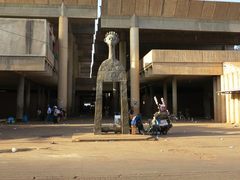 |
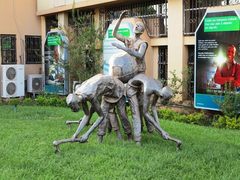 |
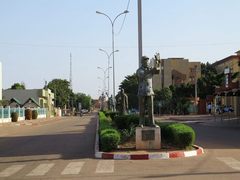 |
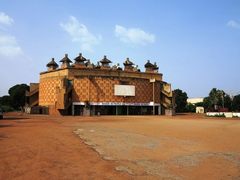 |
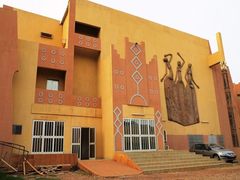 |
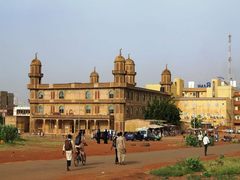 |
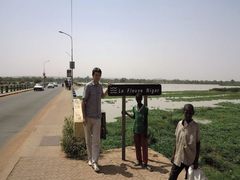 |
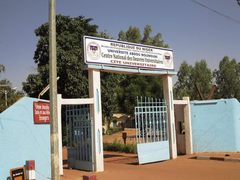 |
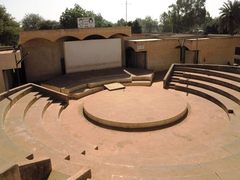 |
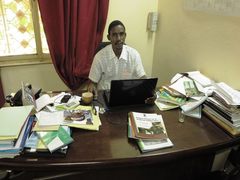 |
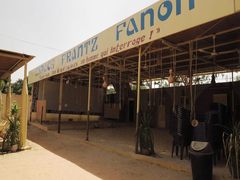 |
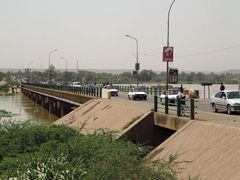 |
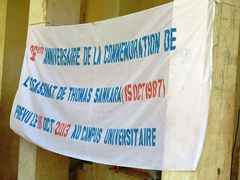 |
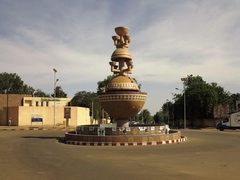 |
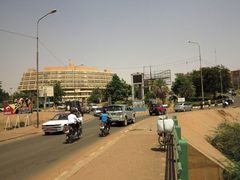 |
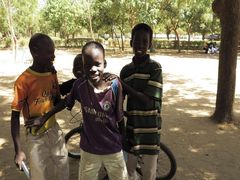 |
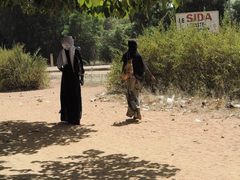 |
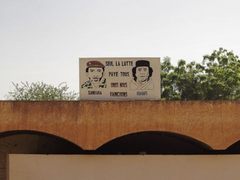 |
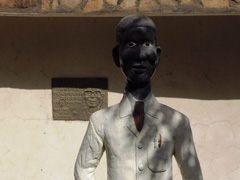 |
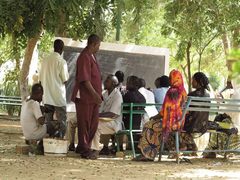 |
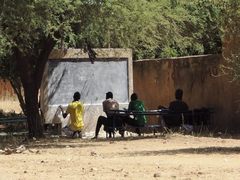 |
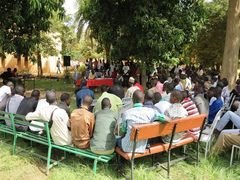 |
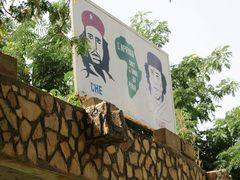 |
